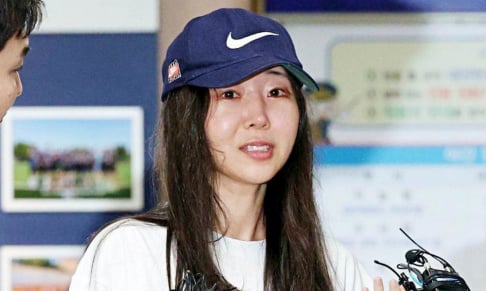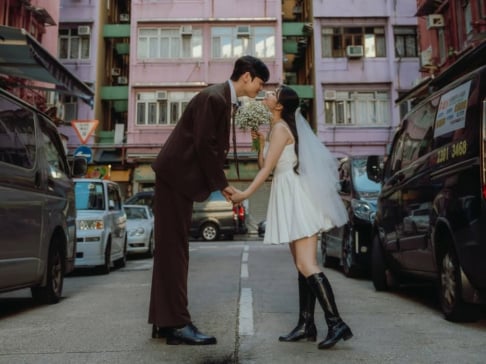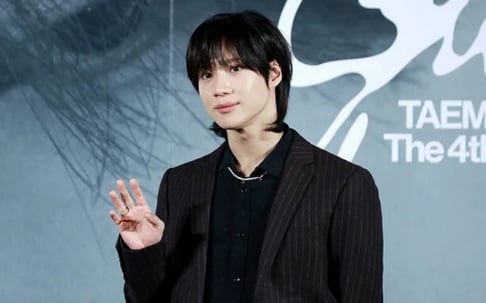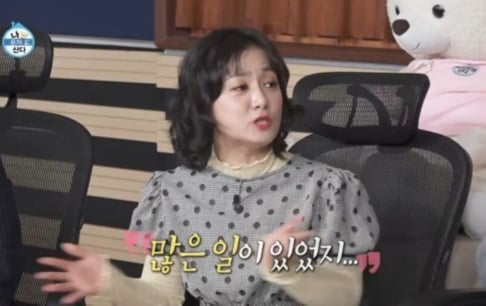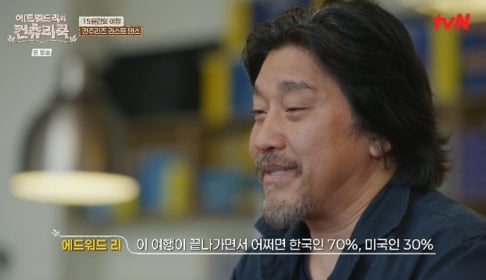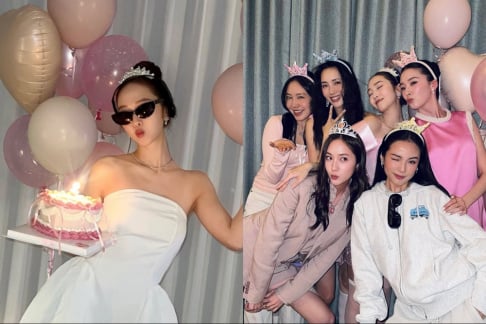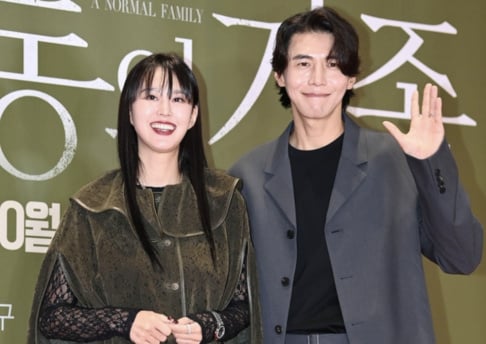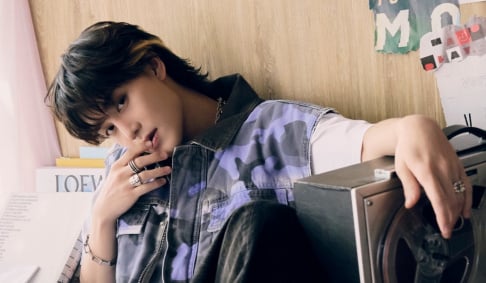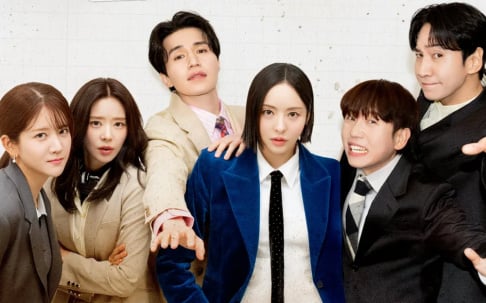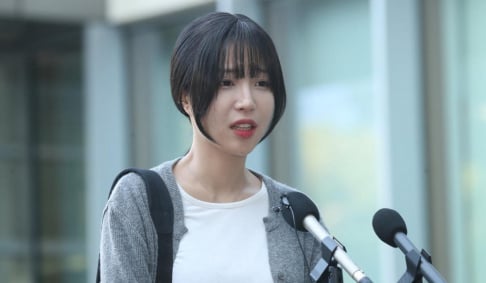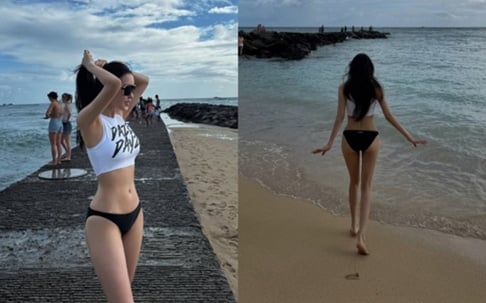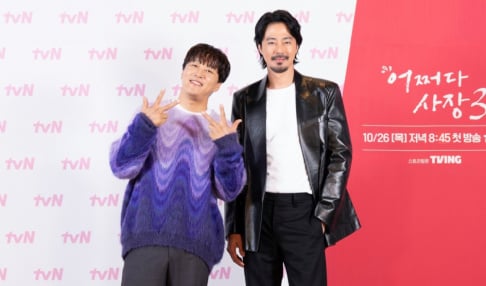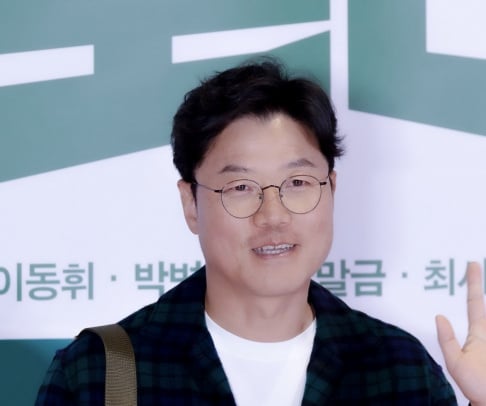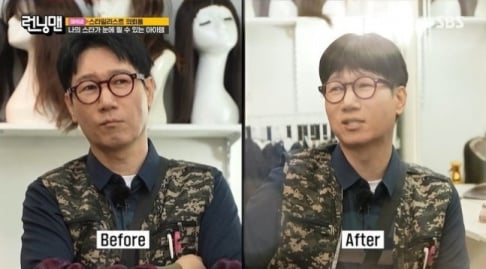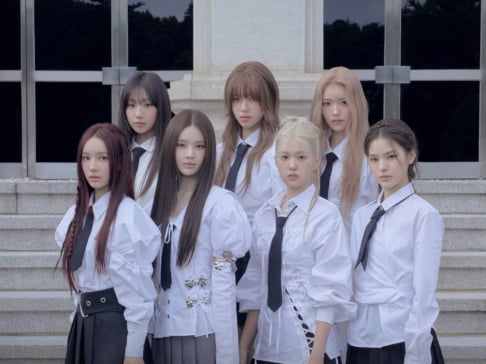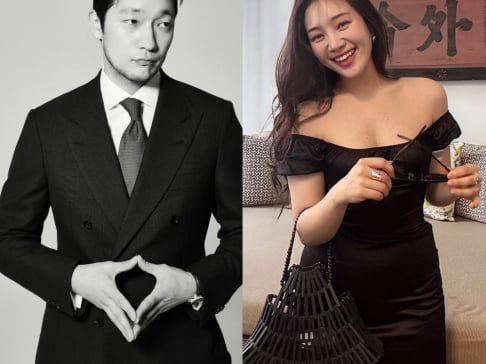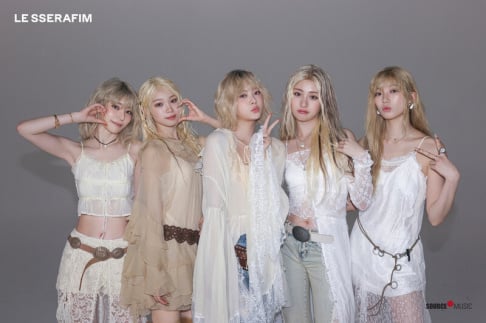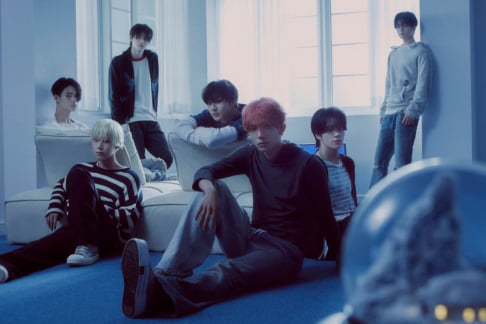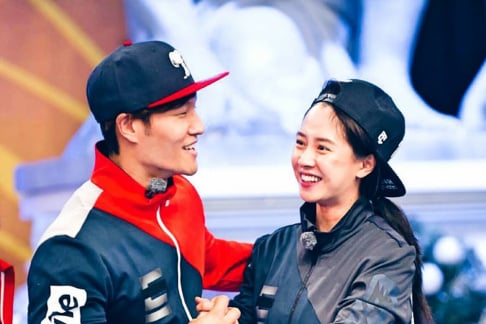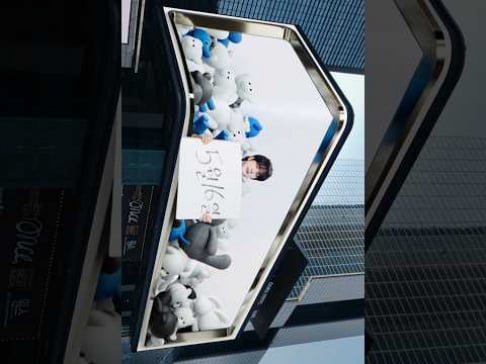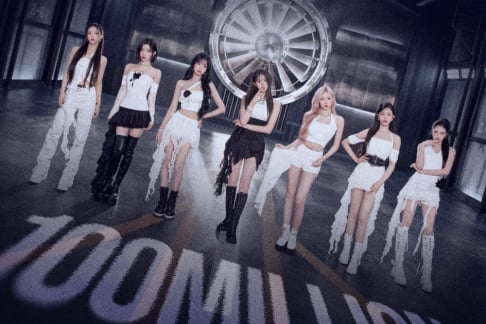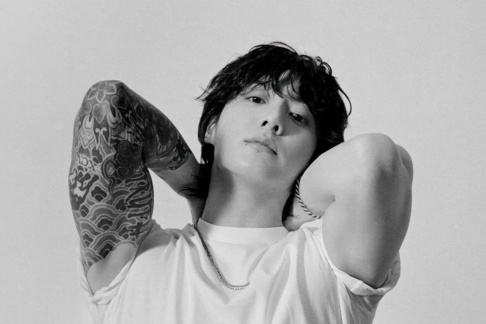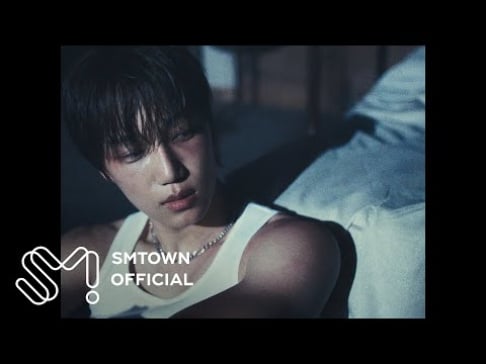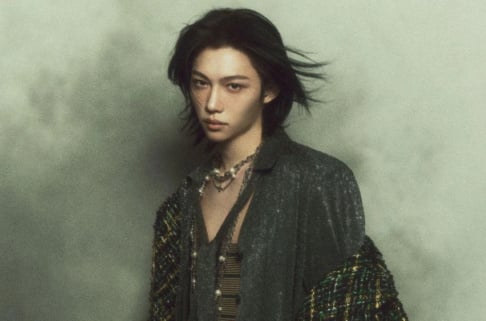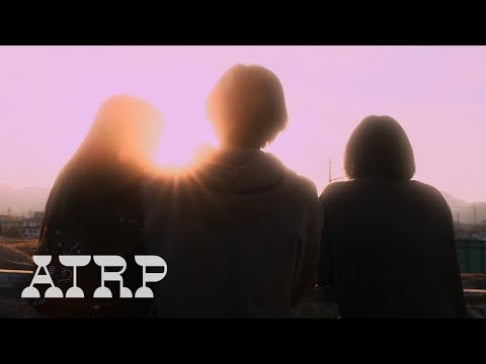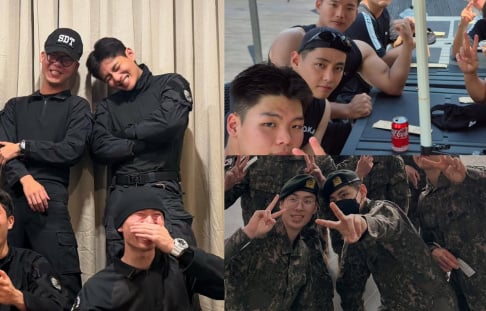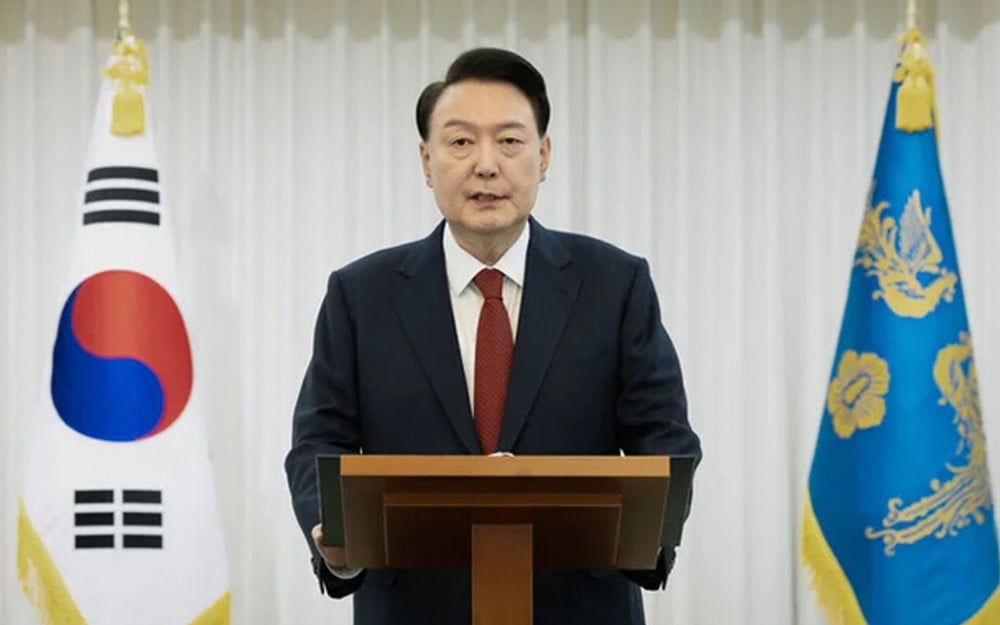
The Joint Investigation Headquarters — a cooperative investigative body involving the prosecution, police, and the Corruption Investigation Office for High-ranking Officials (CIO) — has sent an official summons to President Yoon Suk Yeol, who faces charges of being the "ringleader of a rebellion."
This comes after the prosecution had already requested his appearance. Since Yoon's impeachment motion was passed by the National Assembly on December 14, suspending his presidential duties, prosecutors, police, and the CIO have all been vying to summon him for questioning.
On December 16, the Prosecution's Special Investigation Headquarters for Martial Law (led by Chief Prosecutor Park Se Hyun) announced that it had issued a second summons to President Yoon. As with the first summons, the prosecution cited charges of “the ringleader of a rebellion” and “abuse of power and obstruction of the exercise of rights” under the Criminal Act. Yoon was asked to appear at the Seoul Central District Prosecutors’ Office at 10 AM on December 21. The summons was delivered via both electronic message and mail.
Previously, on December 11, prosecutors sent Yoon a summons to appear on December 15. However, Yoon's legal team refused, citing the incomplete composition of his defense counsel. This prompted the prosecution to issue a second demand for his appearance.
The prosecution has reportedly warned that if Yoon continues to defy the summons without legitimate justification, it will seek a warrant for his arrest and pursue forced investigation measures. On the same day, the prosecution arrested two key military figures: Kwak Jong Geun, the commander of the Special Warfare Command, and Lee Jin Woo, the commander of the Capital Defense Command. Both figures were involved in the controversial deployment of troops to the National Assembly on the day martial law was declared. With the detainment of key military officials like former Defense Minister Kim Yong Hyun and Defense Security Command Chief Yeo In Hyung, the prosecution now sees a direct investigation of Yoon as essential.
The Joint Investigation Headquarters also issued a summons to Yoon, asking him to appear at the CIO office at 10 AM on December 18. The police, who had originally been investigating Yoon’s rebellion charges, handed over the case to the CIO, who then informed Yoon of the appearance date. The CIO is also investigating former Defense Minister Kim Yong Hyun, former Minister of Public Administration and Security Lee Sang Min, former Army Chief of Staff Park An Su (who also served as the commander of martial law), and Defense Security Command Chief Yeo In Hyung — all of whom were charged with rebellion alongside Yoon.
As the Prosecution's Special Investigation Headquarters and the Joint Investigation Headquarters both requested Yoon’s appearance, attention is focused on where Yoon will ultimately appear for questioning. The term "forum shopping" — usually applied in legal proceedings — has been used to describe Yoon's unique position, as he can technically choose which investigative body to face. Yoon may opt for a single, consolidated investigation session, potentially selecting a venue that he perceives as more favorable to his case.
Meanwhile, some on Yoon’s side argue that the president's declaration of martial law should not be subject to judicial review, suggesting that he may refuse to comply with any of the summons. If he continues to defy the requests for questioning, authorities may seek a court-issued arrest warrant.
Legal experts have noted that Yoon’s refusal to comply with the investigation could provide an additional basis for his removal from office. The precedent is clear. In the case of former President Park Geun Hye, who faced impeachment in 2017, the Constitutional Court criticized her lack of cooperation with the prosecution and the special investigation team. In its impeachment ruling, the court stated, “President Park failed to fulfill her promise to the public and showed no clear intent to uphold the Constitution.”
Yoon himself had previously vowed to “take full legal and political responsibility regarding the martial law declaration.” If he fails to cooperate with the investigation, it could be seen as a repeat of Park Geun-hye's actions.
Yoon is currently forming a legal defense team led by Kim Hong Il, a former chairman of the Korea Communications Commission, and is actively discussing possible strategies to respond to the ongoing investigation.
SEE ALSO: 'Bibigo' granted a U.S. patent for dumplings that do not burst during mass production
 SHARE
SHARE
